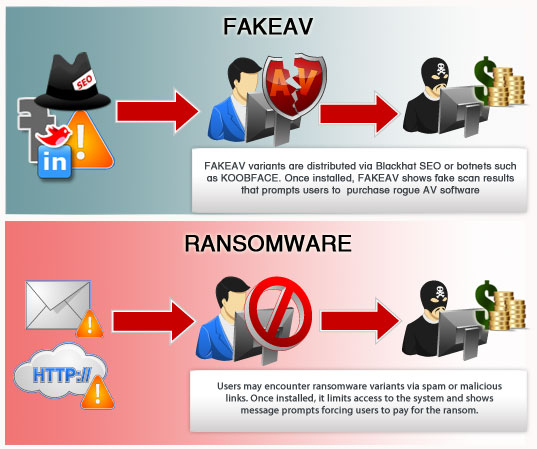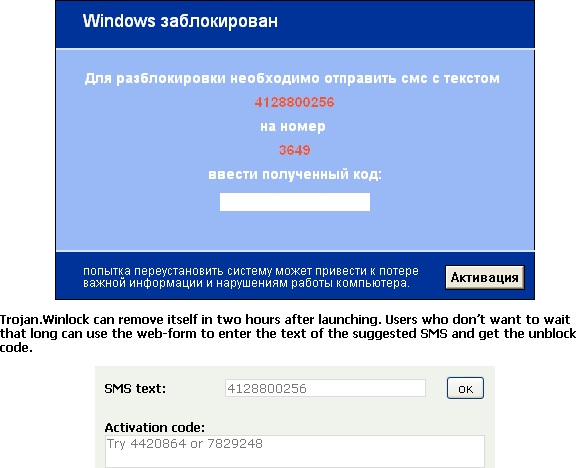Cyber threats have an enviable diversity and a proof of ingenuity of hackers is ransomware, a malware which encrypts your data in the “hard drive” and you can not regain access unless you pay an amount of money as a reward. Few threats act in a way so worse. The target find out immediately that he has a problem and can not access data from computer or smartphone the difference being higher than other viruses which are more “silent” and you can stay with them for years without knowing.
Ransomware, encrypt your files from the “hard drive” and then blackmails you if you want to access this data again. Blackmails consist mostly in the request for payment in return “key” that can remove the blockage. Ransomware, encrypt your files from the “hard drive” and then blackmails you if you want to access them again. Blackmail consist mostly in request of an amount of money in return “key” which can remove the blockage.
Such programs arrive in computer or by Trojans, download from negligence, or due to operating system vulnerabilities. After arriving, follows heavy moments for the owner. Ransomware is a type of malware, thought to intimidate the user, an alarming message appears on victim computers , such as those coming from authorities which allegedly scare the user and it “arguing” that would be downloaded pirated content. In some cases are displayed pornographic images, and other great effect, or it is hidden under a procedure of activation or Windows Update. Then, when reward is request , this is happening through electronic vouchers services (through which people can exchange money on a secure code that can then make electronic payments) or by sending SMS to a premium number or, more recently, with Bitcoin payment
First Ransomware appeared before the WWW, in 1989, but were fewer computers, as well as those that could be fooled. Only in 2005 were multiplied ransomware attacks, and many of them were in Russia, a country famous for creative “brains” when it comes to malicious programs.
To pay or not to pay: the big question
Threats such as CryptoLocker and CryptoWall especially targeting companies because data has a much higher value for them than for a simple user. Encryption of hard drive make unusable data for that company , blocking the activity, which can have serious financially consequences .
The big question is whether or not a company should pay the reward. Security specialists answer is NO. Some companies simply prefer to give a few hundred dollars, to resume work, otherwise the losses are much higher. One solution is that data can be stored in the cloud so your hard encryption not mean their loss. A backup is the best solution.
But as with kidnapping, payment of reward finances criminal organization and only encourages criminals to attack other targets.



